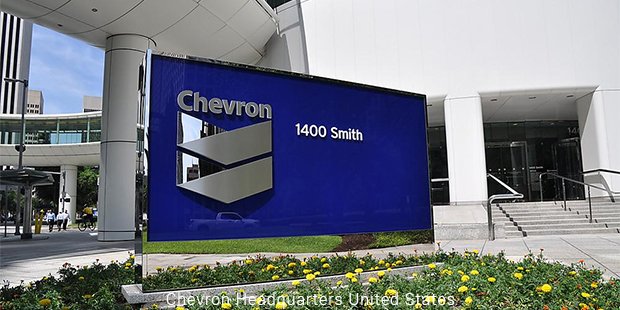Chevron Corp may miss its mid-October target for closing the agreed $2-billion sale of its natural gas assets in Bangladesh to a Chinese consortium, as Dhaka weighs the prospect of a counterbid, people with knowledge of the matter said.
The U.S. oil major agreed in April to sell its three Bangladesh gas fields to Himalaya Energy, comprising state-run Chinese oil trader Zhenhua Oil and a government investment platform, CNIC Corp. Chevron had planned to close the sale, part of non-core asset disposals, around mid-October.
But Bangladesh’s state oil and gas firm Petrobangla says it has the first right of refusal in the sale.
A government official who declined to be identified said Dhaka remains undecided on backing a counterbid amid doubts whether Petrobangla has the expertise to run the fields, or the funds to make future investments.
“The deal looks very uncertain as the deadline for closing…is in about two weeks’ time,” said a Beijing-based Chinese oil executive with knowledge of the deal’s status.
“Chevron may need to decide then whether it wants to extend the deadline, or to reassess its strategy in Bangladesh,” said the executive, who declined to be identified because of company policy.
Chevron declined to comment on Reuters’ questions about the progress of the asset sale.
The onshore gas fields – Bibiyana, Jalalabad and Moulavi Bazar – have average net daily output of 720 million cubic feet of gas and 3,000 barrels of condensate, or liquid hydrocarbon produced with gas. Chevron sells the entire output to Petrobangla under a production sharing contract and most of the fuel is used to generate electricity for domestic use.
A decision on a potential counterbid was pending, said Petrobangla’s chairman, Abul Mansur Md. Faizullah, in response to Reuters’ question early this month, but declined to give details.
Financial sources familiar with Petrobangla said earlier in September the Bangladesh firm was tapping banks with a view to potentially funding a counterbid.
The government was waiting for a final asset assessment by consultancy Wood Mackenzie before making a decision, one Petrobangla official said.
“As per the production-sharing contract, Chevron has no right to transfer its shares without permission,” said the official, who declined to be named as he was not authorized to speak to media.
“They (Chevron) never officially informed us about the deal with a Chinese company. We came to know only from media.”
Chevron also declined to comment on whether it had told Petrobangla of its plans for the gas fields before the sale was agreed.
Zhenhua Oil has been “actively communicating” with Chevron and Dhaka, a company spokesman said, adding that the Chinese government approved the acquisition soon after the deal was agreed.
The Bangladesh assets would provide a much-needed addition to the reserve base of Zhenhua Oil, which is among the smallest state-run Chinese oil and gas firms.
A completed deal would also mark the first major Chinese energy investment in the South Asian nation, where China is vying with India and Japan for influence, Reuters reports.












